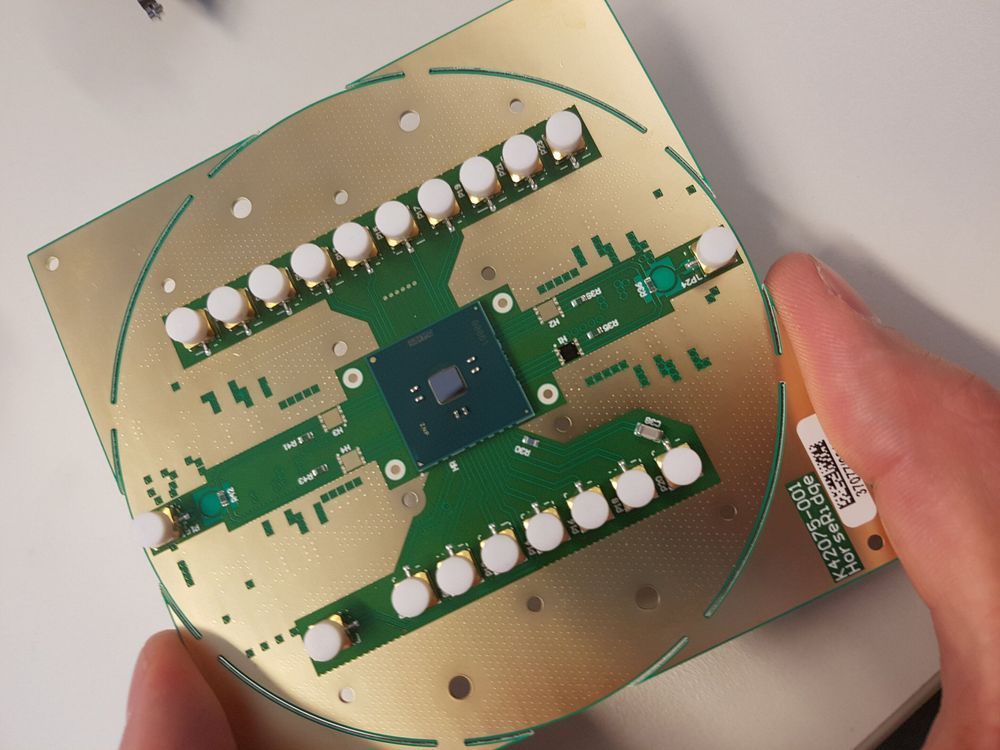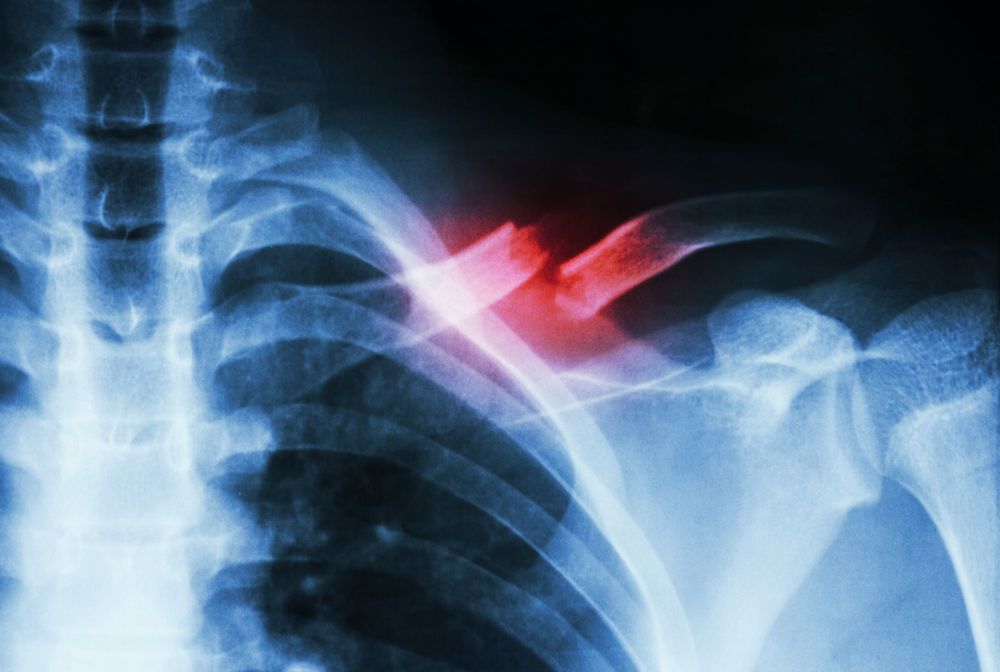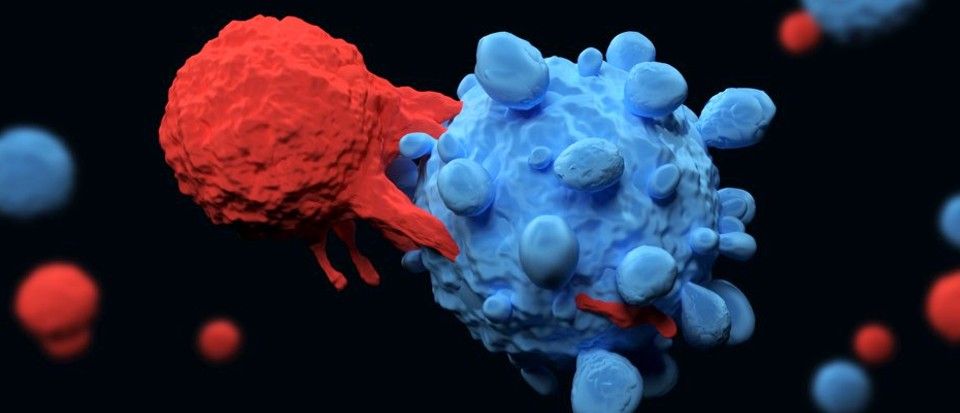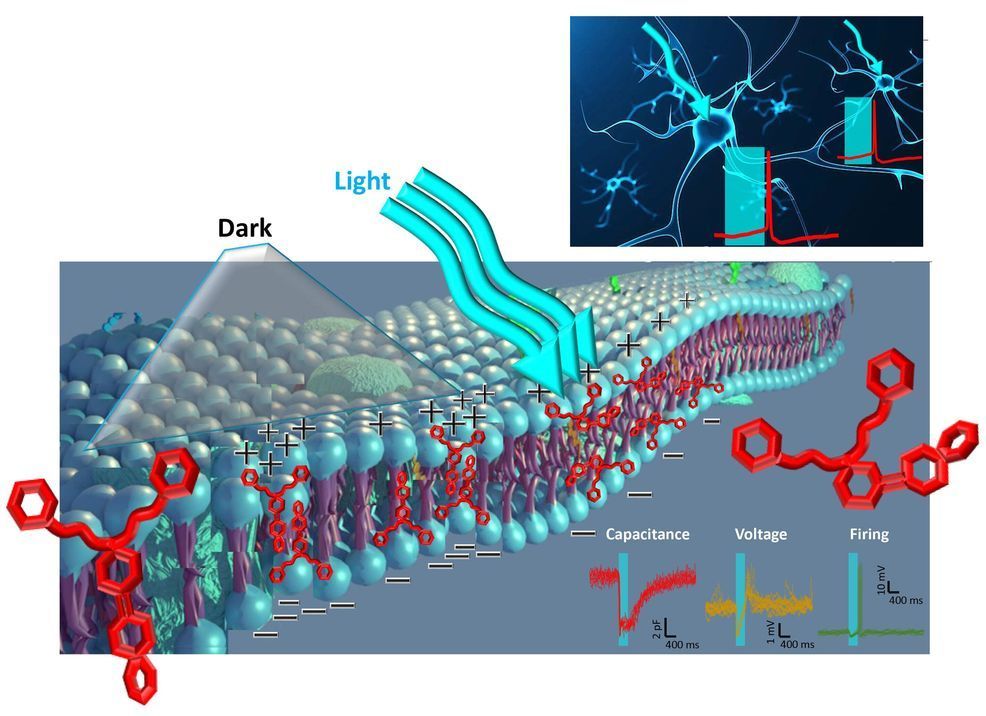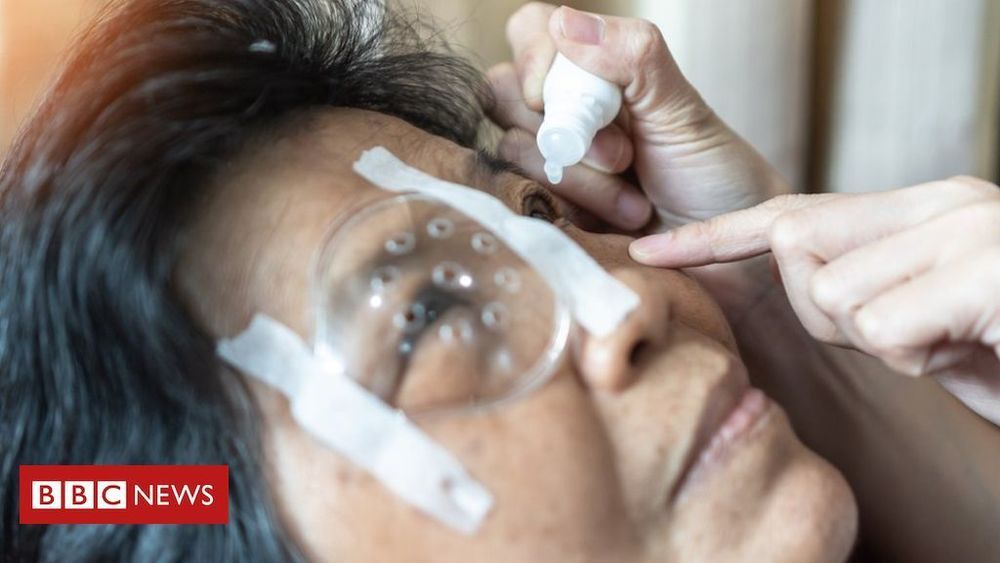QuTech has resolved a major issue on the road toward a working large-scale quantum computer. QuTech, a collaboration of TU Delft and TNO, and Intel have designed and fabricated an integrated circuit that can controlling qubits at extremely low temperatures. This paves the way for the crucial integration of qubits and their controlling electronics in the same chip. The scientists have presented their research during the ISSCC Conference in San Francisco.
Quantum computers
“This result brings us closer to a large-scale quantum computer which can solve problems that are intractable by even the most powerful supercomputers. Solutions to those problems can make a strong impact on everyday life, for instance in the fields of medicine and energy,” said team lead Fabio Sebastiano from QuTech and the Faculty of Electrical Engineering, Mathematics and Computer Science.
